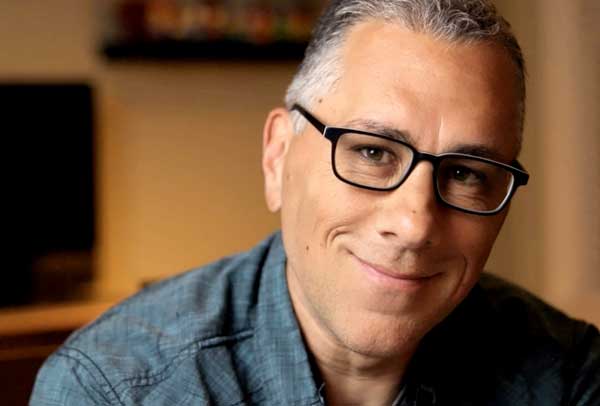Republished with permission from John Pavlovitz
I’ve seen this movie before. It doesn’t end well.
As a Christian for most of my life and a pastor for nearly three decades, I’m quite familiar with the Old Testament story: supposedly faithful people fashioning an idol made of gold and cravenly bowing before it, in complete contempt for the God they claimed to believe in because they had lost their collective minds.
This new American reboot is a little on the nose.
It’s also far more tragic.
We’ve had a few thousand years to get it right.
We shouldn’t be here.
Watching the collective soul-selling of my fellow Christians here in America over the past eight years has been something that has grieved me more than I can measure or accurately describe. Particularly disheartening has been watching ancient religious history repeating, and worse: to realize that nearly every national sickness here in America, from the violent parade of white nationalism to the defiant anti-mask pandemic-deniers to the propagators of an abject election fraud lie to the suppressors of the voices and votes of people of color—is coming from professed Christians.
As someone still aspiring to a life of faith and still trying to speak into my religious tradition, it’s sobering to admit that we’re not here as a nation in this brutal battle for disparate humanity and we’re not steeped in this unapologetic supremacy, if not for people claiming to be devoted to the same Jesus I’ve grown up trying to emulate.
As they both literally and figuratively pledge their undying adoration to some golden-veneered, bastardized counterfeit idol of their pigmentation, I’m left to wonder what I’m to do now:
Do I attempt to redeem this thing I have found such meaning and beauty in or do I resign myself to the fact that these phobic cultists have commandeered it for good and it is beyond repair in the eyes of those outside of it?
Do I make an exodus from my homeland of origin and begin down a new spiritual journey, while knowing it will be nearly impossible to differentiate myself from the sycophantic idol worshippers because they have permanently co-opted the trappings of my tradition?
And how can I show the world an alternative spirituality that is supposed to leave more compassion, more diversity, and more justice in its wake—while these delusional power-lusting hypocrites eat up market share, because otherwise decent, loving human beings are walking away from organized religion for good because they are fully exhausted?
The questions far outnumber any helpful answers and the prayers seem to slip into the ether without reply.
Having read and studied and preached the story doesn’t make watching it repeat itself any easier.
I know that in the Bible religious people ended up abandoning God and mindlessly worshiping a golden calf, so it shouldn’t be surprising that so many today are now bowing down to this orange jack*ss. It’s just more terrifying seeing it with this proximity.
It was a lot easier to view the tragic story in the distant rear-view mirror of history in a land thousands of miles away—and not in the windshield of the present here in the country I call home, with the sycophantic cultists so close and prevalent.
While they whirl around the gleaming, empty shell celebrating themselves and their imagined righteousness, shouting ‘God bless America,’ I’ll be here sitting with a mournful truth that makes me sick to my stomach:
God wrecked America, or at least the self-identified American God-followers are doing their best to wreck it and I’m not sure how we fix it.
One thing I know for certain: I will not join them in their mindless, fevered dancing.
I will not bow to this empty, shimmering monstrosity of Christian nationalism.
I’ll stand with those who reject a religion that seeks to harm and exclude.
Together, we will help throw this homegrown golden idol into the fire and name is as the vile heresy it is.
We will embody a faith of love that does the healing and repairing and protecting that love is supposed to do.
And together, with our work and our lives and our votes, we will write a different story.

John Pavlovitz
John Pavlovitz is a writer, pastor, and activist from Wake Forest, North Carolina. A 25-year veteran in the trenches of local church ministry, John is committed to equality, diversity, and justice—both inside and outside faith communities. When not actively working for a more compassionate planet, John enjoys spending time with his family, exercising, cooking, and having time in nature. He is the author of A Bigger Table, Hope and Other Superpowers, Low, and Stuff That Needs to Be Said.
